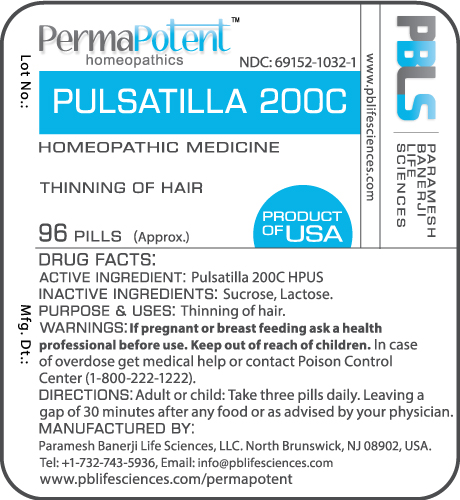Pulsatilla 200c | Pulsatilla Pellet while Breastfeeding

What is Pulsatilla 200c | Pulsatilla Pellet used for?
Pulsatilla 200c | Pulsatilla Pellet while breastfeeding safe or not? Can there be any side effects for infant while using it during breastfeeding?

Note: Due to high dilution of active ingredients in homeopathic medicines most homeopathic medicines are safe while breastfeeding.
Pulsatilla 200c | Pulsatilla Pellet Breastfeeding Analsys
Pulsatilla vulgaris while Breastfeeding
Pulsatilla (Anemone pulsatilla and other related species) contains ranunculin, protoanemonin, and anemonin as well as triterpene saponins and flavonoids. The fresh plant is extremely irritating to the skin, gastrointestinal tract and mucous membranes. Allergic reactions have been reported to pulsatilla. Homeopathic preparations of pulsatilla are reportedly used for sore nipples and mastitis,[1] to reduce an overabundant milk supply,[2] or to increase milk supply.[3] Galactogogues should never replace evaluation and counseling on modifiable factors that affect milk production.[4] No scientifically valid clinical trials support either of these uses. Because of a lack of information, other agents may be preferred in nursing mothers. Dietary supplements do not require extensive pre-marketing approval from the U.S. Food and Drug Administration. Manufacturers are responsible to ensure the safety, but do not need to the safety and effectiveness of dietary supplements before they are marketed. Dietary supplements may contain multiple ingredients, and differences are often found between labeled and actual ingredients or their amounts. A manufacturer may contract with an independent organization to verify the quality of a product or its ingredients, but that does certify the safety or effectiveness of a product. Because of the above issues, clinical testing results on one product may not be applicable to other products. More detailed
Pulsatilla 200c | Pulsatilla Pellet Breastfeeding Analsys - 2
Pulsatilla vulgaris and Breastfeeding
Low RiskNote: Mostly safe in Homeopathic preparations
What if I already have used Pulsatilla 200c | Pulsatilla Pellet?
Homeopathic medicines usually do not cause harmful effects on breastfed babies. Pulsatilla 200c | Pulsatilla Pellet is a homeopathic medicine and if your baby does not have any abnormal symptoms then there is nothing to worry about. Some homeopathic medicines contain alcohol (ethanol) and such homeopathic medicines in high dosage can have bad effect on development of baby.
I am nursing mother and my doctor has suggested me to use Pulsatilla 200c | Pulsatilla Pellet, is it safe?
Homeopathic medicines are usually safe in breastfeeding and if Pulsatilla 200c | Pulsatilla Pellet has been recommended by doctor then there should be no doubt about its usage in breastfeeding.
If I am using Pulsatilla 200c | Pulsatilla Pellet, will my baby need extra monitoring?
Not really.
Who can I talk to if I have questions about usage of Pulsatilla 200c | Pulsatilla Pellet in breastfeeding?
US
National Womens Health and Breastfeeding Helpline: 800-994-9662 (TDD 888-220-5446) 9 a.m. and 6 p.m. ET, Monday through Friday
UK
National Breastfeeding Helpline: 0300-100-0212 9.30am to 9.30pm, daily
Association of Breastfeeding Mothers: 0300-330-5453
La Leche League: 0345-120-2918
The Breastfeeding Network supporter line in Bengali and Sylheti: 0300-456-2421
National Childbirth Trust (NCT): 0300-330-0700
Australia
National Breastfeeding Helpline: 1800-686-268 24 hours a day, 7 days a week
Canada
Telehealth Ontario for breastfeeding: 1-866-797-0000 24 hours a day, 7 days a week
